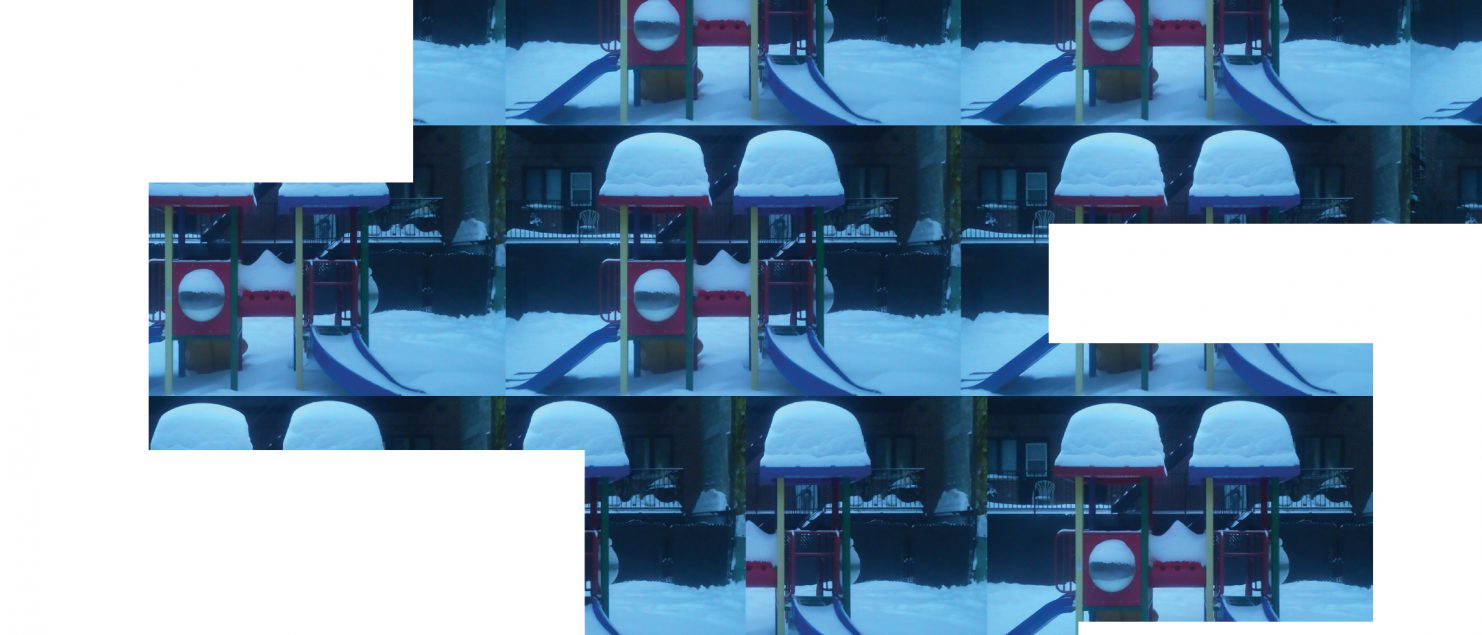Piet Tutenel defends his PhD ‘Room for vulnerability: Children’s everyday practices and the design of cancer care environments’
| Research[x]Designer Piet Tutenel is delighted to invite you to his public PhD defence on Friday October 1st, 2021 at 08:30 AM CEST in Aula De Molen, Kasteelpark Arenberg 50, 3001 Heverlee, Belgium. After the defence, you are invited to the reception in the Salons of the Arenberg Castle (under reserve). The defence will also be streamed live through Teams. To access the streaming you may click on this link on the day of the defence. Please confirm your attendance before September 23 via this link and indicate if you will join online or on campus. You can park at parking Arenberg – De Molen (code: 5786#) or get off at bus stop Heverlee Kasteel Arenberg. The presentation will be in English. — Examination Committee Prof. dr. ir. arch. Ann Heylighen (Supervisor), KU Leuven, Dept. of Architecture Prof. dr. Stefan Ramaekers (Co-Supervisor), KU Leuven, Education & Society Prof. dr. Anne Uyttebroeck, KU Leuven, Dept. of Oncology Prof. dr. Bernadette Dierckx de Casterlé, KU Leuven, Dept. of Public Health and Primary Care Prof. dr. Caroline Voet, KU Leuven, Dept. of Architecture Prof. dr. Dirk Vandermeulen (Chair), KU Leuven, Dept. of Electrical Engineering Prof. dr. Rosie Parnell, Newcastle University, School of Architecture, Planning and Landscape, UK Prof. dr. Stephen Reay, Auckland University of Technology, School of Art and Design, NZ Summary | Children affected by cancer often require repeated hospitalisations. As visits may extend over several months, the hospital becomes part of these children’s and their family’s everyday lives. This research project set out to put the experiences of these young people (between 5 and 18 years old) at the centre of attention. By turning to things, an IV-stand and an aquarium, it focuses on young people’s complex interactions with the material hospital environment that accommodates their care with the aim to inform its (re)design. Young people affected by cancer tend to be considered as vulnerable or passive, subjected to the reality of illness and of the hospital. The project shows how they are also ‘everyday designers’ of the world, even in a highly structured environment like a child oncology ward. While most existing research on the material hospital environment focuses on people’s experiences of or affective relationships with it, the children we worked with did not only move through a hospital building, but engaged with it through the many activities they are involved in. These activities continue to shape and are shaped by the material environment. From this practice theory perspective, most of the time children and adults participate in practices together. Considering children’s everyday practices in conjunction with and as similar to adults’ is a way to depoliticize age and challenge the abundant use of age associations as explanatory in research, practice and policy. Such an approach might be valuable to study and design environments where people of all ages and with different abilities participate in (or are excluded from) practices, such as hospitals, museums, public parks and facilities, streets, shops. An important thread throughout the project is dialogue: between people, between research disciplines and traditions, and with things. Further research could look into how professional designers can design in ways that support children as everyday designers; search for more cross-pollination between research that focusses on children’s care environments and childhood research in other contexts; and further explore the potential of dialogue in education, research and practice. This research was conducted in the Research[x]Design of the Department of Architecture, with support from the Kom op tegen Kanker cancer foundation. For questions concerning accessibility, contact Piet Tutenel. Please also consult the KU Leuven Access Guide (Auditorium & Salons) |

